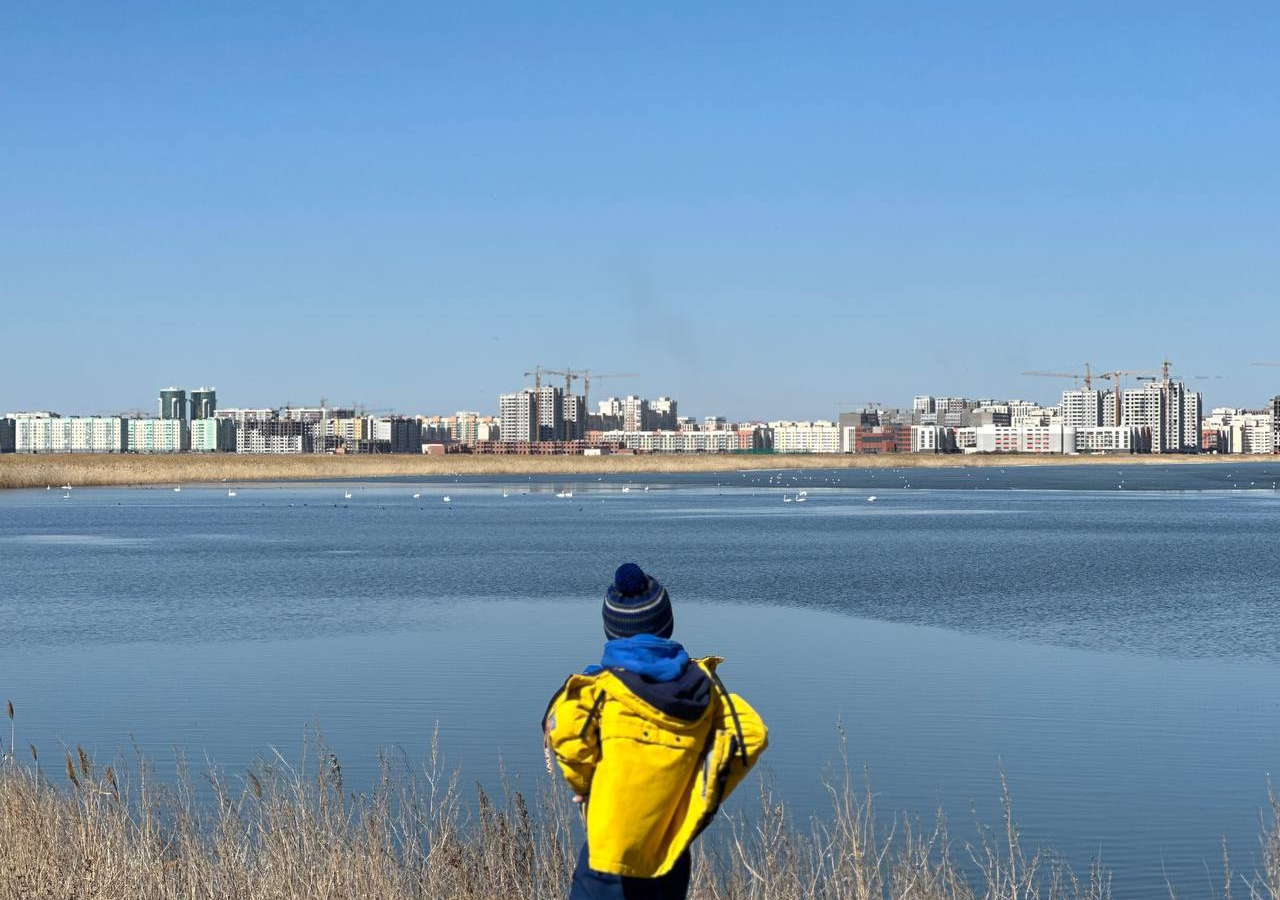Senator Andrei Lukin said on June 1 that Kazakhstan has facilitated a scheme to illegally import wheat from Russia. Lukin said that the illegal scheme allowed companies to avoid taxes and obtain fiscal benefits. According to Lukin, within the context of international sanctions imposed against Russia, “the number of cases of false imports from a neighboring country and re-exports will increase significantly”.
Snezhana Imasheva, an MP from the ruling Amanat party, said on May 31 that the articles on personal liability for insulting former President Nursultan Nazarbayev should be struck off of the Criminal Code. The parliament struck off the special law “On the First President - Elbasy” (Kazakh for “Father of the Nation”, a title Nazarbayev held officially since 2010) in February, meaning that Nazarbayev and his family have lost certain protections against prosecution. And now against insults too.
On May 29, President Kassym-Jomart Tokayev said he “appreciated the joke”, dismissing Belarus’ President Alexander Lukashenko’s proposal for Kazakhstan to join the so-called Union State between Belarus and Russia, and share the use of nuclear weapons. Lukashenko’s proposal came on the sidelines of a summit in Moscow, where Tokayev said the concept of a Union State could become a “problem” for Eurasian integration.
The Almaty Prosecutor’s Office issued an official apology to Yermek Abdreshov, who was tortured while in detention in January 2022 and lost his sight as a result. The prosecutor said that a criminal case against Abdreshov was dismissed in September due to the absence of corpus delicti and added “on behalf of the body that I represent, I officially apologize for the harm caused to you”. After the violence and demonstrated torture cases during Qandy Qantar, law enforcement bodies have issued a few, sparse official apologies towards the victims.
Zhandos Nurmaganbetov, deputy minister of energy, said on May 30 that a new, single-purchaser system for electricity supplies will be introduced in July. Nurmaganbetov said this is a measure that the government planned in an effort to counter inefficiencies and imbalances in the electricity sector. Last winter, infrastructure failures and inefficient crisis management led to severe problems with heating and electricity in several cities across Kazakhstan.
Yulia Kuchinskaya, an MP from the Amanat ruling party, questioned on June 2 the validity of the data presented by the Statistics Committee regarding average salaries and unemployment rate. Kuchinskaya considers it unlikely that most Kazakhstanis earn 340,000 tenge ($760) per month and said she finds “surprising” that the unemployment rate has remained stable at around 5% for the past decade.
Elge Qaitaru, a public foundation headed by Bulat Abilov and Orazaly Yerzhanov, proposed on June 2 to significantly amend the draft law on the return of illegally withdrawn assets, currently under review in parliament. Abilov told the press that “The bill is imperfect and thus not a single corrupt official who plundered the country for thirty years will go to jail”.
On May 31, the Anti-Corruption Agency reported that it had successfully returned to Kazakhstan around $14 million from the United Arab Emirates, in relation to the trial against businessman Kairat Satybaldy and his family. Last September, he pleaded guilty to charges of embezzlement and was sentenced to six years in prison. In November, the Anti-Corruption Agency said it returned $230 million from US accounts. Since starting the drive to return illegally withdrawn assets from abroad, the Agency has failed to produce transparent figures about just how much it brought back into the state coffers.
Shigeo Katsu, long-time president of Nazarbayev University in Astana, said on May 29 that he will resign from his post on June 15. Katsu is also Chairman of the Board of Directors of the First Heartland Jusan Bank, part of a complex structure of companies that control both Jusan Bank (the sixth-largest in the country) and charitable foundations that provide funding for Nazarbayev University and Nazarbayev Intellectual Schools. The corporate structure behind the bank and the foundation was questioned for its lack of transparency during an investigation by Vlast, OCCRP, and Kloop published last year.
On May 31, Yermurat Bapi, one of the so-called “independent” MPs, called for the General Prosecutor to investigate the financial activities of Nazarbayev’s inner circle. In particular, he questions several deals in the gas, telecoms, and banking industries that involved his relatives.
Only around 10% of the funds invested into creating Free Economic Zones were recovered by the state budget, said Maulen Ashimbayev, Speaker of the Senate, on June 1 during a plenary session. Between 2013 and 2020, the government invested 162 billion tenge ($363 million) into developing Free Economic Zones to help businesses.
The SOS.Taldykol civic movement registered as a public association, activists said on May 28. The movement formed around the construction projects near the Malyi Taldykol lake in Astana, which activists say is being drained of its water, as real estate companies encroach on its surface with bulldozers.
Поддержите журналистику, которой доверяют.








